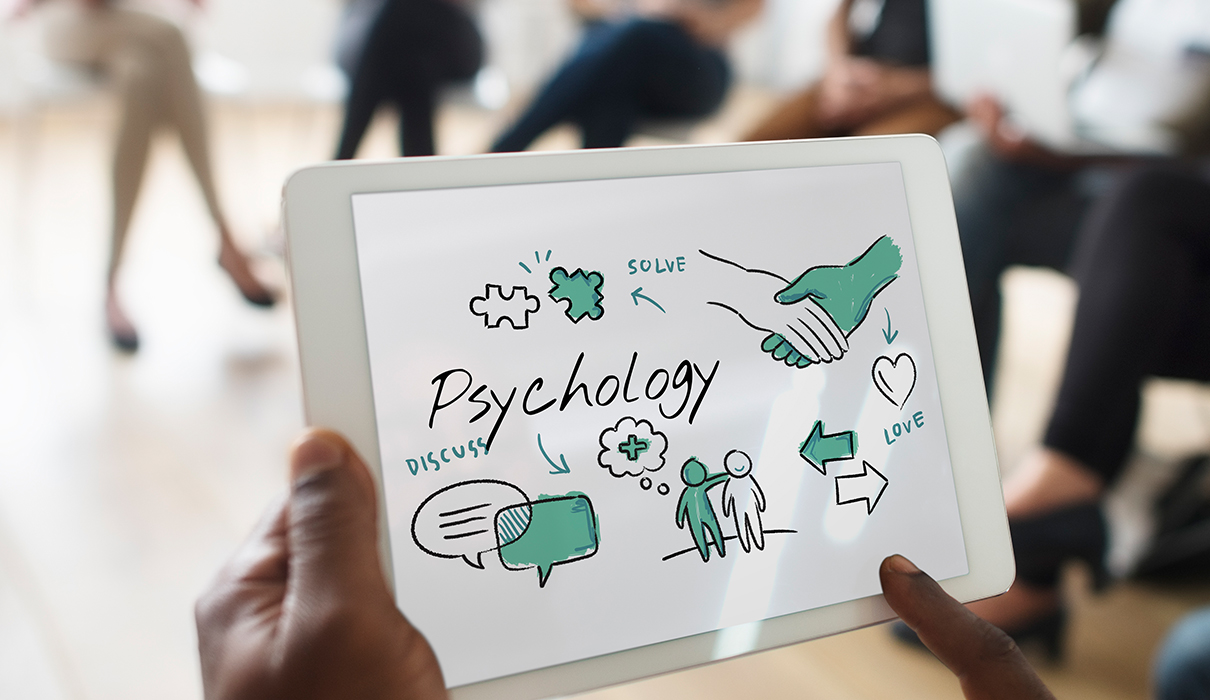Minimalism has recently become a buzzword.It is natural to take stock of what we have as we strive to live more thoughtfully.
We begin to think more thoroughly about the objects that surround us in our houses when we are no longer just going through the motions of our daily life.We become aware of how much we require and, conversely, how little we possess.
What exactly does Minimalism mean?
Minimalism isn’t about surviving on the bare minimum.It’s really about determining what is important.
The first step toward a more minimalist lifestyle is to take a mental inventory of our stuff and determine what enriches our lives and what does not.Everyone has always had the option to live a minimalist lifestyle once we have gotten rid of all of the unnecessary stuff that is weighing us down.


Mental Illness And Minimalism
Minimalism, on the other hand, is more than a notion that helps us reorganise our houses and lives in a more efficient and visually beautiful way.
In reality, minimalism can help people cope with mental illnesses of all kinds, from anxiety to schizophrenia and everything in between.Your mental health will improve as you have fewer items to distract or provoke you.
Minimalism allows you to tune out all of the noise in your life and make positive changes.
- Clarity and peace
By simplifying your home and/or office, you are also decluttering your thoughts.Minimalist settings are calm, allowing us to avoid being overstimulated.
Overstimulation is a foe of mindfulness because it prevents us from thinking clearly when we are swamped with sensory data.
Furthermore, because our homes or offices are cluttered with stimuli, many visual clues can activate thoughts or memories.While this isn’t always a terrible thing, it can be hell for someone who is suffering from mental illness. As a result, taking a minimalist approach alleviates this issue and allows for a life of calm and clarity. - Taking the First Step Towards Self-Discovery
Although getting rid of a large portion of your material belongings may feel like you’re losing a piece of yourself, it’s merely the first step toward discovering yourself.
The most revealing and dramatic self-discovery occurs when there are no more things around to distract you from who you truly are.It may appear like distracting your thoughts with meaningless activities is a helpful approach to manage mental illness, but the effects are just brief.
Knowing who you are is the best thing you can do for yourself in the long term.An understanding of your genuine self will aid you in your rehabilitation by providing you with the essential fuel to keep going.
- The absence of modern mania
In today’s world, the comparison game and the race to own are all the rage.
Regardless, a minimalist lifestyle ensures that ads should not dictate what one acquires.
As a result, it allows us to make judgments based entirely on our necessities, rather than based on greed.As a result, minimalism frees us from modern insanity by guiding us to buy just the things that will last and provide value to our lives. - Concentrate on the essentials
There are fewer distractions when you have less stuff.When you’re surrounded by reminders of other things you could or should be doing, it’s easy to lose concentration.With the ability to focus, you can begin to clear your mind of mental clutter.You have the choice of finding a spot in your home where you don’t feel torn in a dozen different directions, which will help your mental health tremendously.This concentration could be utilised to learn or convey information.
It may be utilised to write a book or learn a new language, providing you with a sense of pride and success that will spread to other aspects of your life.Having the time, space, and focus required for such a task can help you get closer to living a more serene existence.
Furthermore, by filtering out the noise and focusing on what matters, you will quickly learn what is genuinely important and what is not.Removing yourself from situations that aren’t good for you can be quite restorative, and it can help you reconnect with yourself on a deeper level. - A life that is trustworthy, dependable, & consistent
A simple life is steady and predictable, and maintaining a minimalist lifestyle allows you to do just that.It is easier to foresee the future with a simple life by observing prior failures in life, which makes us more prepared for them.
In the consumerist environment, no one buys a thing again once the disadvantages outweigh the advantages.A minimalist lifestyle, based on this example, will always emphasise the need to accept responsibility and instil the trait of dependability. - Additional Relaxation area
You may generate free space in your home by clearing out unnecessary clutter.The more spacious a room is, the more serene and less confining it feels, and there is some evidence that the distance between objects affects the human mind.
As a result, making your home appear larger is likely to improve your mental health.Instead of needing to take care of your numerous items daily, your home will become a blank canvas where you can unwind any way you choose.You have the opportunity to do whatever you want with this place.Painting or working with clay in your house or personal area could become a creative outlet.
According to one study, making art lowers cortisol levels, a hormone linked to stress, anxiety, and a variety of other mental diseases.Using that space for anything joyful also releases endorphins, the feel-good chemicals in the brain.It’s preferable to create something fresh rather than having visual cues all around you that provoke unpleasant ideas.
Furthermore, expressing oneself creatively may assist you in recovering from the deepest lows of mental illnesses like anxiety and despair. - Individual development
A minimalist lifestyle encourages people to appreciate the little things in life.Eventually, only those who meet our deepest heart needs and have a positive impact on our life for personal improvement will be considered. A simple lifestyle makes it much easier to concentrate on one’s problems.
Most of the time, we have the habit of focusing on the things that distract us rather than the small positive aspects of our lives, which keeps us from fixing what is wrong.
An excellent example is fantasising about pricey trips rather than taking a modest nature/adventure tour in our neighbourhoods. Even personality development experts agree that doing simple things like going for a stroll in the evening boosts well-being and productivity. - A Self-Control Exercise
Having a lot of material things is appealing, which is why most of us are so readily drawn into consumerism.
As a result, adjusting to a cluttered and materialistic existence to the exciting simplicity of minimalism is a difficult one.But if you decide to choose that path and stick to it, you will not only feel more at ease, but you will also have greater influence over your own life.This really is important if you really are dealing with a mental illness.
Feelings of loss of control over numerous, if not all, elements of your life are a big part of mental illness.Anyone who has dealt with this problem knows how demoralising it can be and how it can throw you into a tailspin. This is why you must reclaim control over at least some parts of your life.
Not only that but there’s more.You can effectively address your challenges by not focusing your attention on material items such as too many cool clothes or a new car that you don’t need.There will be no more distractions that allow you to avoid acknowledging what you should have been doing all along.Knowing what’s holding you down is the first step toward dealing with it successfully.
Conclusion
A minimalist lifestyle is beneficial to one’s mental health.Minimalism provides you with the time, space, clarity, and flexibility to grow your true self while also fully engaging with daily life, but it can do so much more.
Beginning your journey toward minimalism can assist you in dealing with a variety of mental illnesses.Minimalism is a great ally, but it is not a cure in and of itself. If you are in this circumstance, you should seek professional help.Fighting mental illness requires a consistent effort every day, therefore making your surroundings more pleasant can be effective.It may appear like becoming a minimalist is a daunting task, but it isn’t.
Begin with tiny steps, such as being cautious while making new purchases.The path to simplicity has no set length; it can be as long or as short as you want it to be.We’ll be on the right track if we keep the benefits of minimalism in mind and stop going through the motions.

